The amazing group of stakeholders regathered on a national holiday, which was chosen to not conflict with teaching and work schedules. Two came from Kenya, one came from the southern parts of Tanzania, spending a whole day on the bus to get to Arusha.
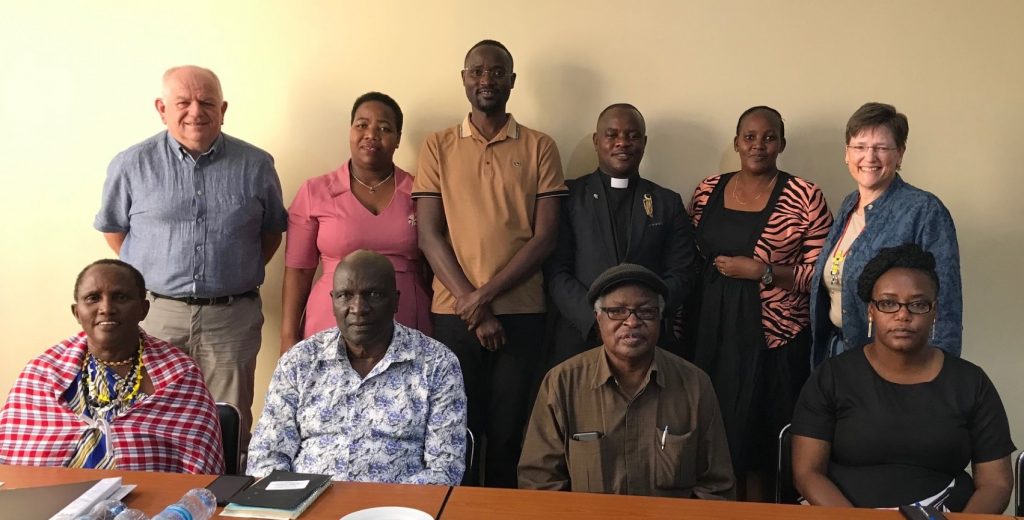
Last April, the stakeholders met to set the core values of the project and establish the learning outcomes for 3 lessons that I had set forth as preliminary ideas to guide the conversations (always easier to critique than start from scratch with a group of 10 people). The three lesson topics settled into: 1) biblical creation care; 2) Maasai traditional environmental knowledge (TEK) and how there were similarities with the “biblical creation” triangle with the Maasai tripolar worldview; and 3) appropriation of climate science for a pastoralist context. Each lesson ends with hope, addressing the rise of climate anxiety among many—especially youth—today.
Since the April stakeholder meeting, I recruited 4 collaborative writers who each specialize in one of the target groups (confirmation, middle-school students in church-owned schools, the theological training for the lay pastors, and Maasai women’s groups). Unfortunately, one writer was in a bad car accident and hospitalized. Thus, one writer modified lessons to fit the other adult group, which in the long run brings more cohesiveness to the lessons (which is actually a research design challenge). (See the pictures of 2 writers from the 2024.09.13 post.)
So, at this stakeholder meeting, the goal was to review the lessons that had been written. The lessons were posted online a week prior to the meeting, for any stakeholders who wanted to engage with them prior to the meeting.
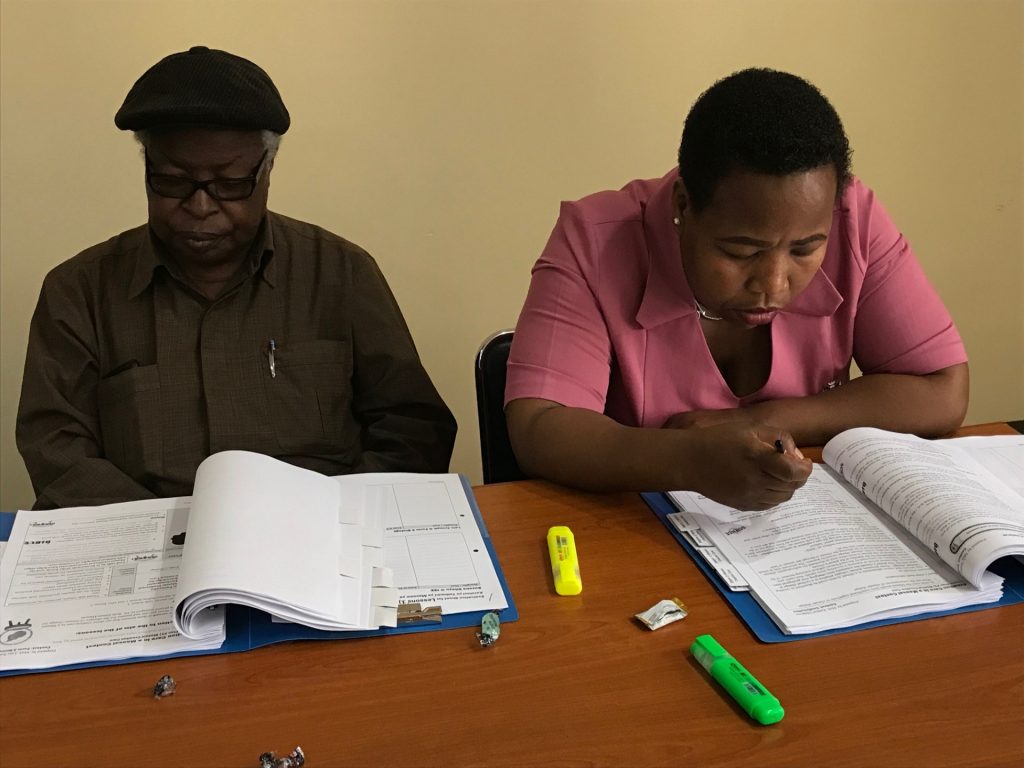
At the meeting, the stakeholders—who are all Maasai—were divided into 4 groups, aligning with their specialty. For example, the climate science lessons were reviewed by climate science specialists. Dr. Neema Kitasho has a PhD in environmental science specializing in climate science in pastoralist contexts from the University of Geneva, and Julius Laiser has a master’s degree in geography and environmental management from the University of Dodoma and has been working with an NGO that serves over 35 client NGOs working with environmental projects to help them be more effective in their missions.
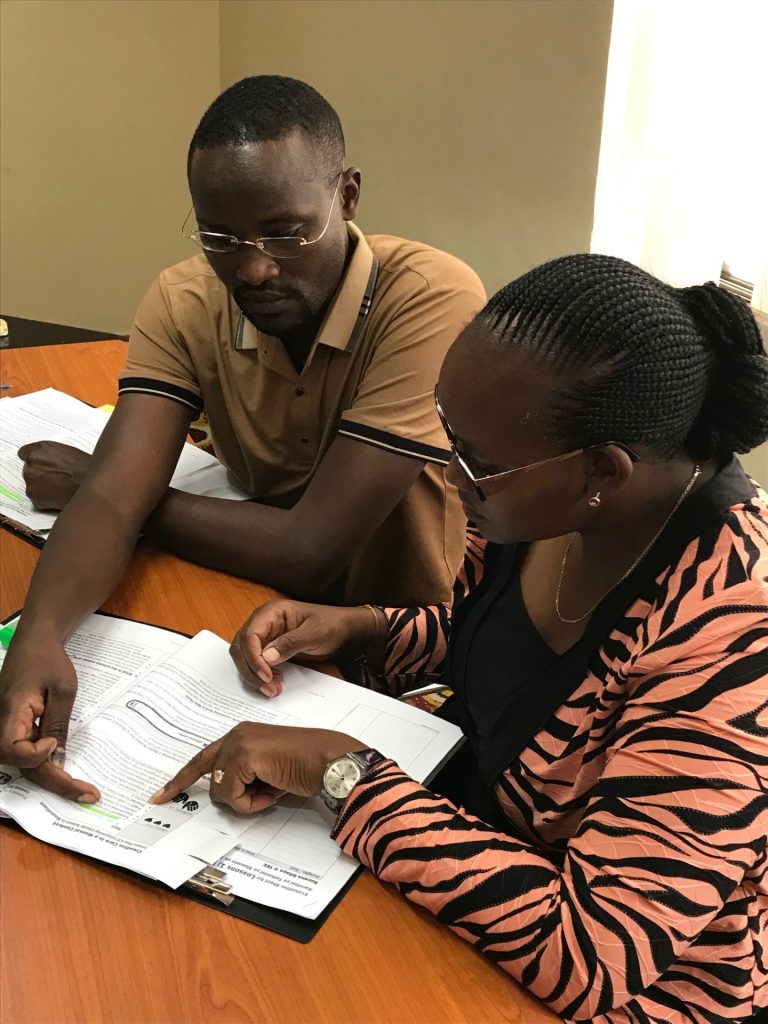
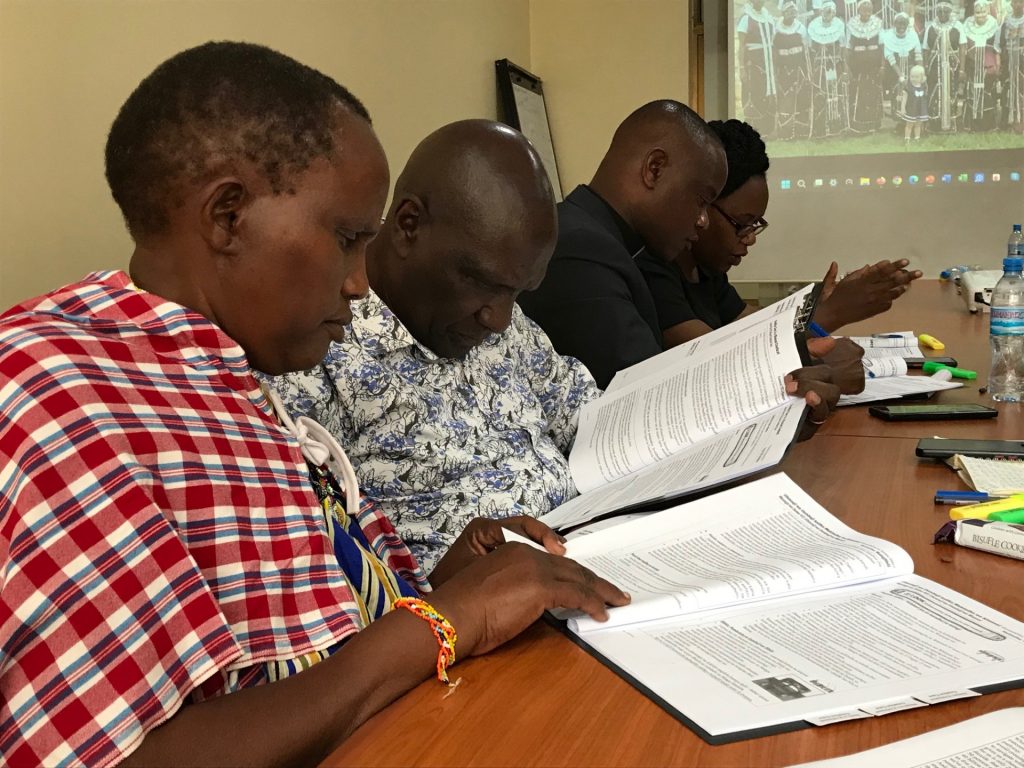
Each small group of stakeholders reviewed 4 lesson plans developed by each of the 3 writers (and a “conversation partner” lesson contributed by me). They evaluated them according to the core values and learning outcomes that they developed in April, as well as other pedagogical and practical issues. The stakeholders were very diligent in their evaluations, contributing feedback and comments for strengthening the lesson plans. (Yes, this meant that I collated all the notes and returned them to the authors.)
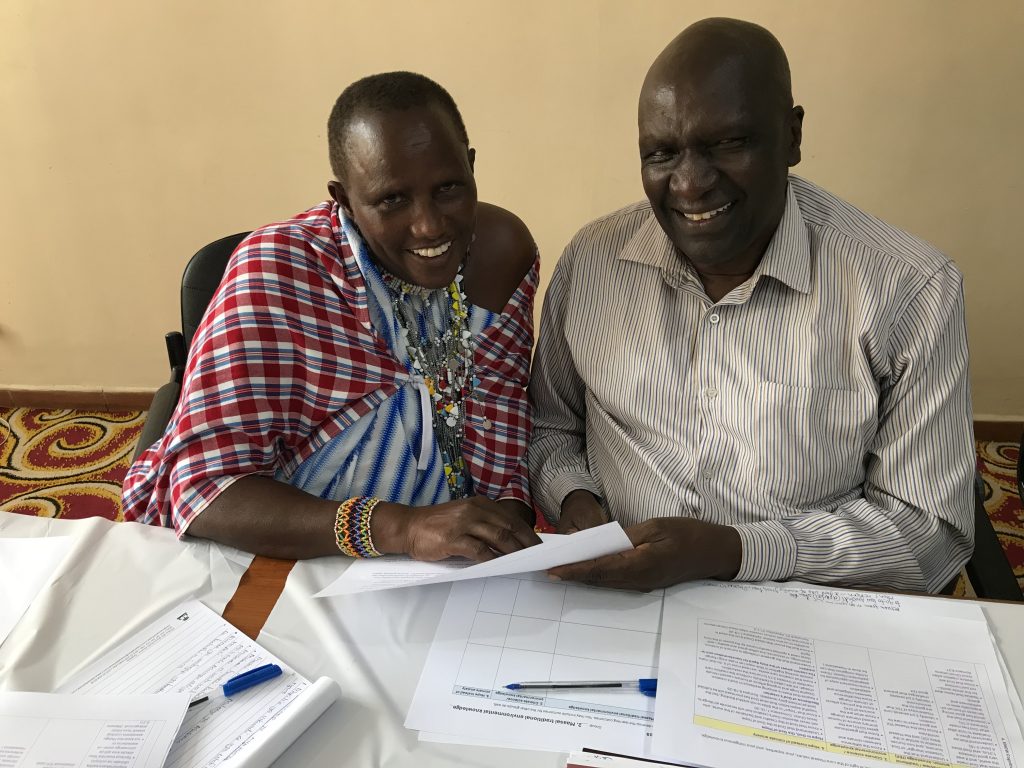
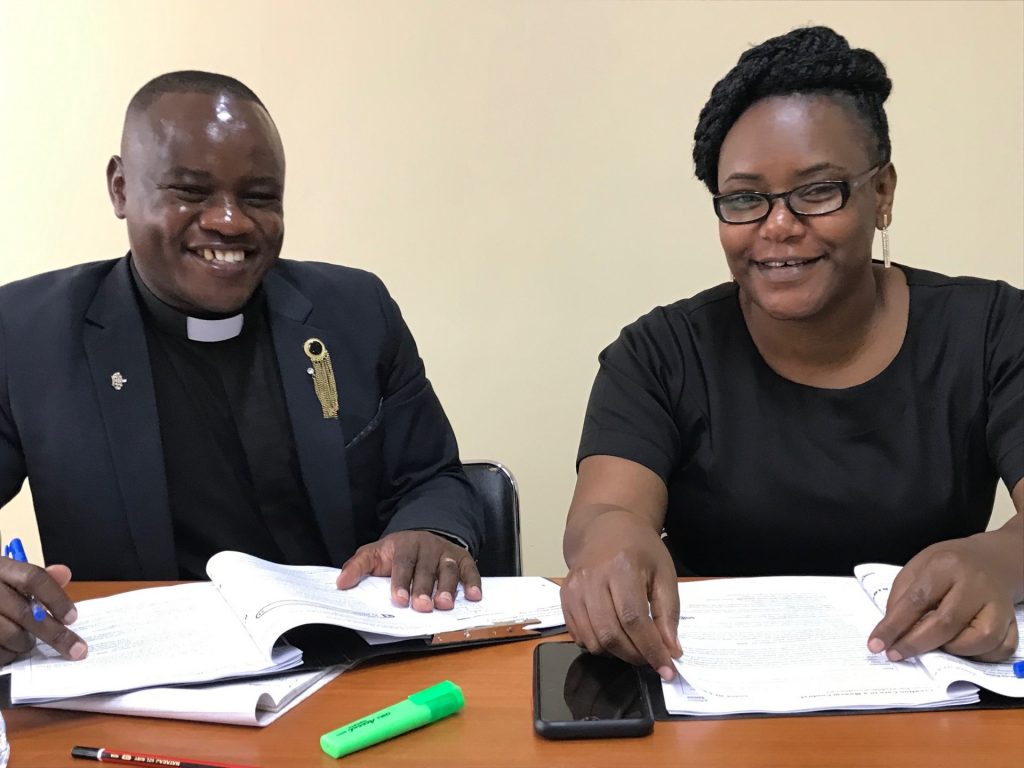
At the end of our time together, I facilitated a debriefing of the day. In this session, the stakeholders started asking: What is next for them to support this project? How can they continue to be engaged? How can this important first step continue on beyond my project? This was so encouraging to hear, as it was a fundamental affirmation of the value of the project and the eagerness to extend this rather small project beyond what I had started. This is when Knut and I knew our planted seed was germinating!
In a supervisory review session, Knut and I discussed the strong outcomes and continued to identify challenges that are inherent in an intercultural research project in Africa. Overall, we were encouraged with the fruitfulness of the session, especially the sense of value expressed by the stakeholders.
Mikitamayana Engai! / Mungu akubariki! / God bless you!